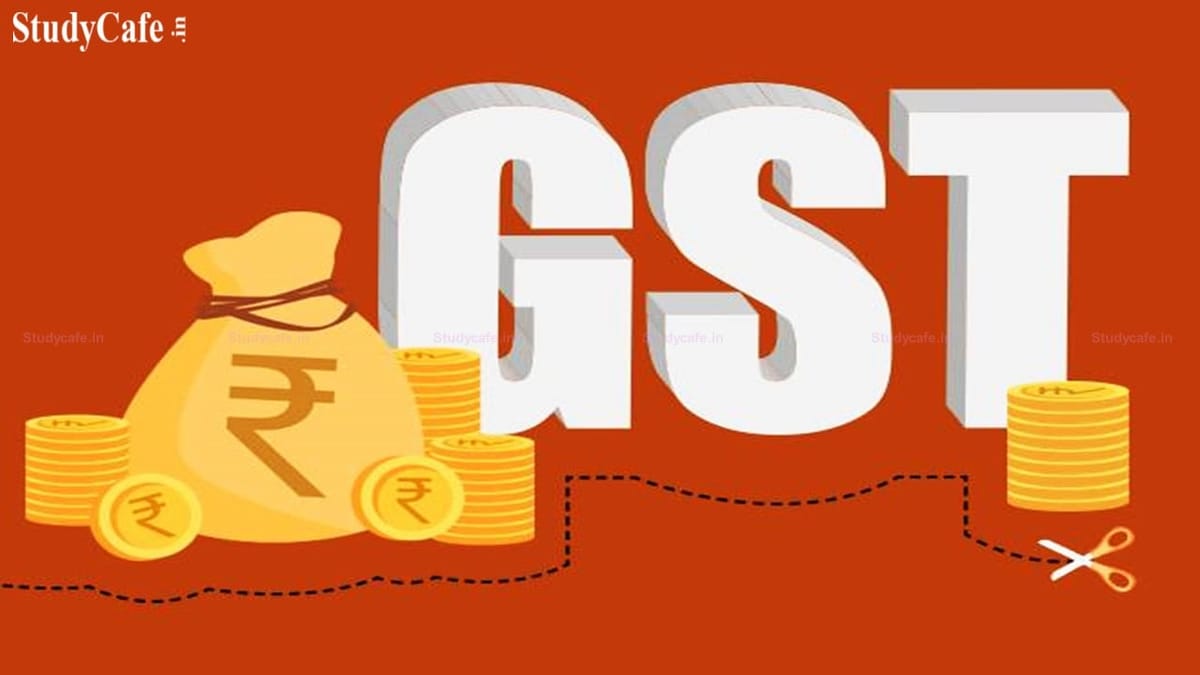Reetu | May 4, 2022 |

Government may incorporate sin goods cess into the GST to satisfy States
The cess on aerated drinks, cigarettes, and automobiles is expected to become a negotiating tool in Centre-state talks on GST compensation, with the Centre willing to incorporate a portion of the levy into the GST rate after March 2026 to appease states, according to government conversations.
After providing some relief to the vehicle industry, the Centre is likely to propose that the cess be merged into GST when it expires in 2026, a notion that may appease states concerned about their financial status after June, when the five-year compensation period expires. States are asking that the federal government continue to compensate them for revenue losses.
Subsuming the cess into GST will result in the states receiving half of the earnings as state GST (SGST), as well as 41 percent of the Centre’s GST collections, according to a person familiar with the situation who spoke on the condition of anonymity.
The Centre sees little substance in the states’ demand for continuous GST compensation after June, because the Centre is under no legal responsibility to compensate states after the first five years of the indirect tax’s implementation. Second, if GST revenues increase, states may not need compensation, which is paid out of cess collection earnings only when states face a revenue shortage.
States have been lobbying for the extension of GST compensation beyond June, and the issue is expected to be discussed at the next GST Council meeting.
“The cess component charged today may be absorbed by GST.” “While no decision has been made on this, there is no reason why we should continue to tax cigarettes or aerated drinks at the same rate as non-sin commodities,” the individual said.
The speaker went on to say that states would benefit more from a portion of greater taxes on these things than from continuing to get compensation, which they would only receive in the event of a revenue shortage. “GST receipts are now at an all-time high, far exceeding budget and revised expectations.” “States may not even require compensation,” said the source. The states receive full compensation for the first five years of GST implementation, based on a revenue growth rate of 14 percent over the base year of 2015-16.
To be fair, it’s unclear if states would agree to the proposal, given that this government’s term ends in 2024 and that a new finance commission formula will regulate Centre-state budgetary relations after 2026.
Over the top GST rate of 28 percent, a compensation cess is collected on luxury and sin commodities such as aerated drinks, coal, pan masala, cigarettes, and vehicles. The cess on autos rises to 22%, while aerated drinks are taxed at 12%.
In 2022-23, the compensation cess revenue is expected to be $1.2 trillion. If the Centre’s formula is used, 84,000 crore of this might go to states if the plan is accepted. The amount is anticipated to rise higher in the coming years.
Experts, on the other hand, identify certain practical obstacles. The GST cess, which was intended to compensate states for revenue losses for a specific term and has now been prolonged until 2026, should fulfil its goal within that extended period.
According to the first individual listed above, the Centre has already decided that no extra compensation to states beyond June will be possible, with the cess earnings up to March 2026 to be used to repay the loans raised to finance the compensation.
A question made to a finance ministry spokeswoman on Tuesday went unanswered as of the time of publication.
Under Central Excise and VAT Regimes “Sin items” were charged at the highest rates, and this has continued under GST. As a result, the continuance of the same in the future would be expected. Products other than ‘sin goods,’ which are taxed at the highest rate of 28 percent plus cess, would benefit from a drop in rates or the cess because it would raise demand and relieve inflation.
According to Pratik Jain, a partner at PwC India, the topic of compensation is quite complex, and heated negotiations between the Centre and states are expected in the coming days. “That said, a long-term solution must be found so that states are self-sustaining and do not require compensation from the Centre,” Jain said.
Source : Livemint.com
In case of any Doubt regarding Membership you can mail us at contact@studycafe.in
Join Studycafe's WhatsApp Group or Telegram Channel for Latest Updates on Government Job, Sarkari Naukri, Private Jobs, Income Tax, GST, Companies Act, Judgements and CA, CS, ICWA, and MUCH MORE!"